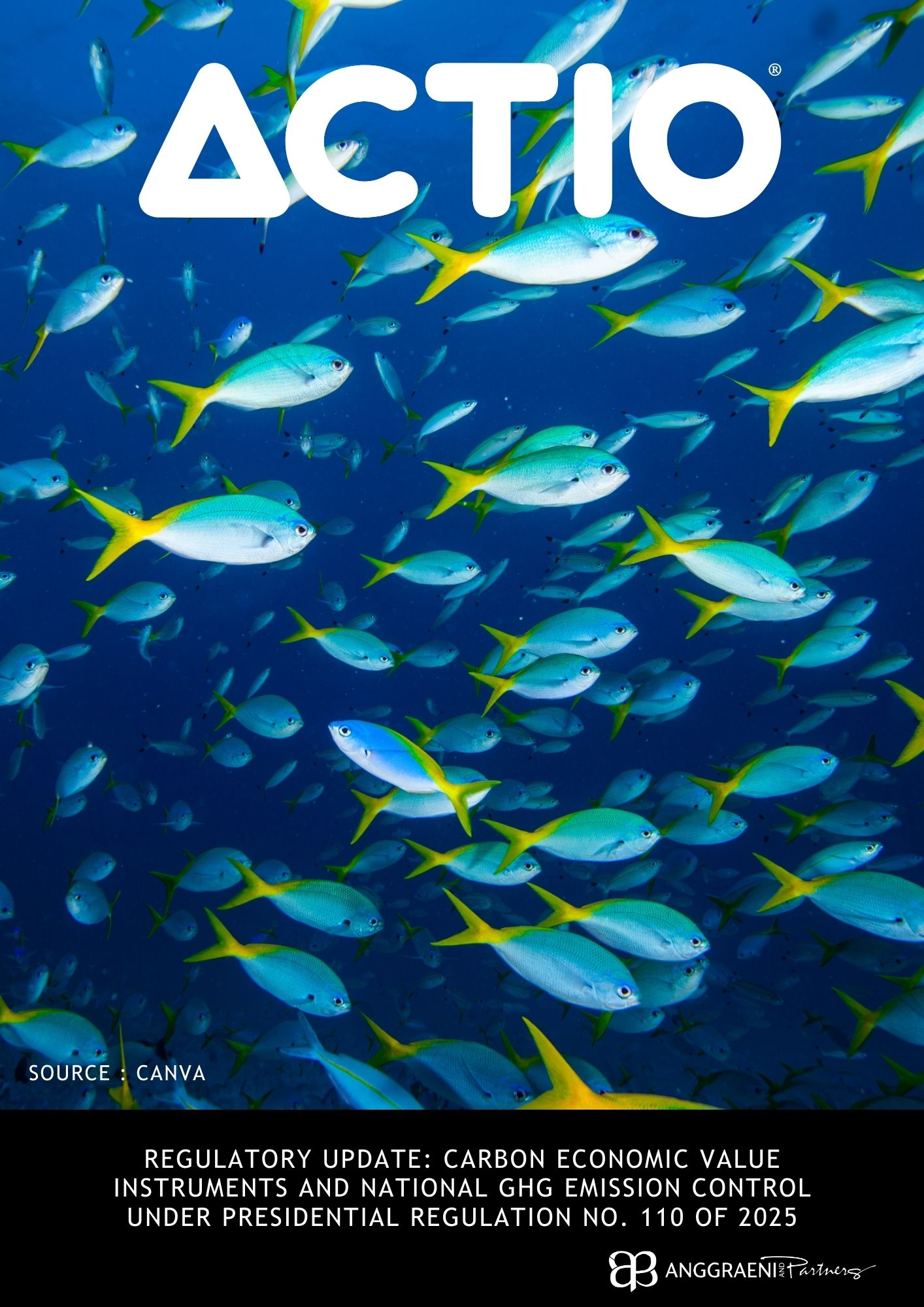- Home
- Capabilities
- ACTIO® Hub
- About Us
- Connect with Us
- AP Library
Every year on June 17th, Indonesia celebrates National Harbor Day, commemorating the crucial role harbors have played in the nation’s economic history and recognizing their ongoing importance to the maritime industry.
Indonesia, strategically situated as an archipelago, has always been dependent on its harbors as essential conduits for trade and commerce. These gateways have not only driven economic prosperity but have also facilitated cultural exchanges that have enriched the nation’s diversity.
The inception of National Harbor Day traces back to the existence of docks in ancient times when they were primarily used for mooring ships that conducted economic activities with local communities. As reported, docks in Indonesia have been integral since the era of the Srivijaya Kingdom, serving as crucial distribution points for commodities.
Significant development occurred during the industrial revolution around the 1950s, which saw the introduction of container ships that revolutionized cargo handling. Among the harbors, Tanjung Priok in North Jakarta stands out. Established during the Dutch colonial era in the 19th century, it started as an expansion from the earlier Sunda Kelapa Harbor in Bandung, with construction spanning from May 1877 to 1888. This harbor aimed to rival Singapore as a distribution hub for the archipelago’s produce.
Harbors like Tanjung Priok have been transformative for Indonesia, becoming hubs of comprehensive regional development. National Harbor Day highlights the economic dynamics of these maritime facilities, which support vast activities ranging from local fishing to international trade.
This day also focuses on sustainable maritime practices, promoting pollution control, waste management, and marine conservation efforts. These initiatives help ensure that harbors contribute positively to their surrounding environments and support the livelihoods of nearby communities.
Harbors in Indonesia vary widely in their functions and types:
National Harbor Day is celebrated with various activities including harbor clean-ups, educational tours, and public seminars on maritime safety and environmental sustainability. These events are designed to foster a shared sense of responsibility and community engagement.
The future vision for Indonesia’s harbors involves integrating advanced technologies and sustainable practices to enhance their efficiency and environmental footprint. National Harbor Day reflects on these goals, emphasizing the ongoing journey towards a sustainable and prosperous maritime future.
DISCLAIMER :
This disclaimer applies to the publication of articles by Anggraeni and Partners. By accessing or reading any articles published by Anggraeni and Partners, you acknowledge and agree to the terms of this disclaimer:
No Legal Advice: The articles published by Anggraeni and Partners are for informational purposes only and do not constitute legal advice. The information provided in the articles is not intended to create an attorney-client relationship between Anggraeni and Partners and the reader. The articles should not be relied upon as a substitute for seeking professional legal advice. For specific legal advice tailored to your individual circumstances, please consult a qualified attorney.
Accuracy and Completeness: Anggraeni and Partners strives to ensure the accuracy and completeness of the information presented in the articles. However, we do not warrant or guarantee the accuracy, currency, or completeness of the information. Laws and legal interpretations may vary, and the information in the articles may not be applicable to your jurisdiction or specific situation. Therefore, Anggraeni and Partners disclaims any liability for any errors or omissions in the articles.
No Endorsement: Any references or mentions of third-party organizations, products, services, or websites in the articles are for informational purposes only and do not constitute an endorsement or recommendation by Anggraeni and Partners. We do not assume responsibility for the accuracy, quality, or reliability of any third-party information or services mentioned in the articles.
No Liability: Anggraeni and Partners, its partners, attorneys, employees, or affiliates shall not be liable for any direct, indirect, incidental, consequential, or special damages arising out of or in connection with the use of the articles or reliance on any information contained therein. This includes, but is not limited to, loss of data, loss of profits, or damages resulting from the use or inability to use the articles.
No Attorney-Client Relationship: Reading or accessing the articles does not establish an attorney-client relationship between Anggraeni and Partners and the reader. The information provided in the articles is general in nature and may not be applicable to your specific legal situation. Any communication with Anggraeni and Partners through the articles or any contact form on the website does not create an attorney-client relationship or establish confidentiality.
By accessing or reading the articles, you acknowledge that you have read, understood, and agreed to this disclaimer. If you do not agree with any part of this disclaimer, please refrain from accessing or reading the articles published by Anggraeni and Partners.
For further information, please contact:
P: 6221. 7278 7678, 72795001
H: +62 811 8800 427
S.F. Anggraeni
Managing Partner
fitri@ap-IawsoIution.net


